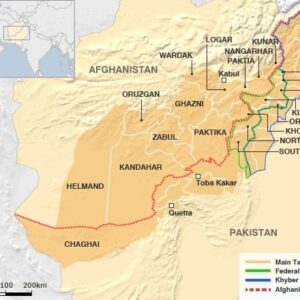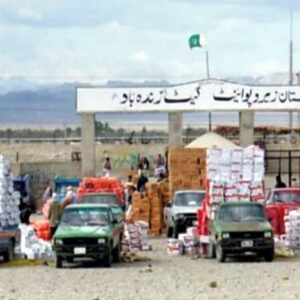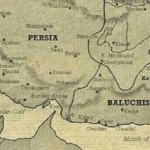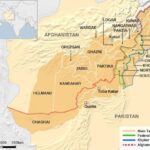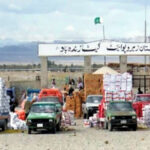In the latest review meeting chaired by Chief Minister of Balochistan, Mir Sarfraz Bugti, a critical project came under scrutiny — the Kachhi Canal, which has long been hailed as the backbone of Balochistan’s agricultural economy. The meeting, attended by provincial ministers, secretaries, project directors, and senior officials, highlighted the ongoing repair work on Phase 1, which was severely damaged by the floods of 2022. The briefing provided by irrigation authorities emphasized the importance of timely completion, as well as the dire consequences of further delays.
Balochistan’s agricultural water supply has been disrupted for nearly two years due to the damage in Phase 1. The result has been nothing short of devastating: vast stretches of once-cultivated lands have turned barren, and farmers and landowners are left struggling to make ends meet. As Chief Minister Bugti rightly pointed out, these farmers and landowners are in a state of despair, facing an economic crisis that threatens to deepen further if immediate action is not taken. Their plight is palpable, and their frustration is understandable. After years of toil, their livelihoods have been uprooted due to circumstances beyond their control, and the lack of progress has only worsened their situation.
The importance of Kachhi Canal to Balochistan’s agricultural sector cannot be overstated. It is not merely a canal; it is a lifeline, a source of sustenance for countless farmers and their families. The failure to restore its functionality has led to the forced migration of people from the uncultivated command area, as they are left with no other choice but to seek livelihoods elsewhere. This migration not only disrupts local communities but also accelerates the decline of Balochistan’s rural economy, which is already fragile.
Chief Minister Bugti’s statement that “no further delay in this vital project is acceptable” reflects the urgency of the situation. The repair of Phase 1 is expected to be completed by November 15, after which water supply will resume to Balochistan. This date offers a glimmer of hope, but it also raises questions about whether the current pace of work will meet this deadline. Moreover, the briefing revealed that the feasibility report and necessary formalities for Phase 2 have been completed, meaning the construction can begin once the necessary approvals and funds are released.
The Kachhi Canal project has always been seen as a symbol of progress for Balochistan’s agricultural future. Yet, repeated delays and setbacks have turned it into a source of frustration. The Chief Minister’s directive to ensure that the construction and repair work is completed on time and up to the highest standards is essential. Technical planning must be precise to avoid the common issues of leakage and water wastage that plague irrigation systems in the region.
It is crucial that the relevant authorities move swiftly and ensure the smooth release of funds and approvals for Phase 2. Balochistan cannot afford any more delays. This project is not just about providing water; it is about reviving the province’s agricultural heartland, restoring livelihoods, and offering hope to a population that has been pushed to the brink. Farmers, landowners, and rural communities need more than promises — they need action.
The progress of the Kachhi Canal will now be reviewed under the supervision of the Chief Secretary of Balochistan, which is a step in the right direction. But supervision alone will not suffice; what is required is relentless focus, commitment, and an unwavering drive to see this project through to completion.
For too long, Balochistan’s agricultural potential has been hampered by neglect and delays. The time has come to reverse this trend. The people of Balochistan deserve better, and it is up to the provincial leadership to ensure that this lifeline — the Kachhi Canal — is fully functional and capable of restoring prosperity to the province’s agricultural sector.




